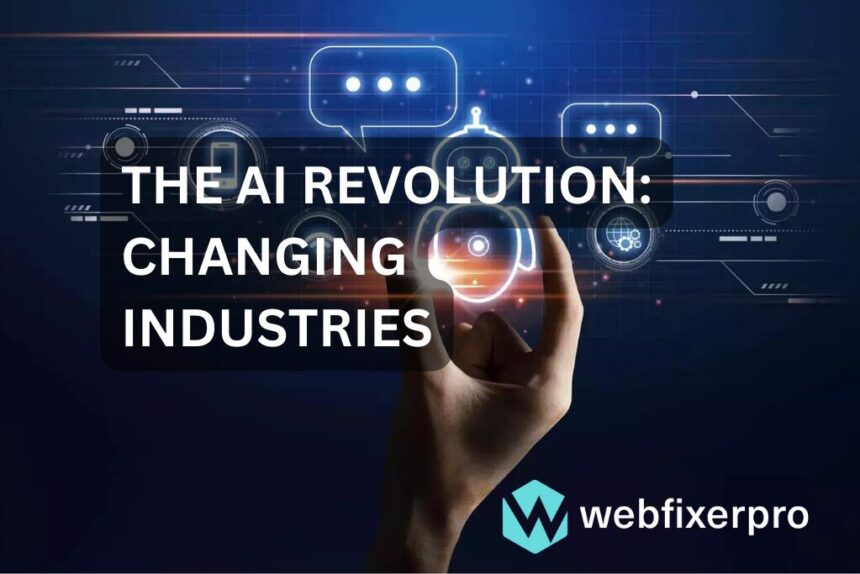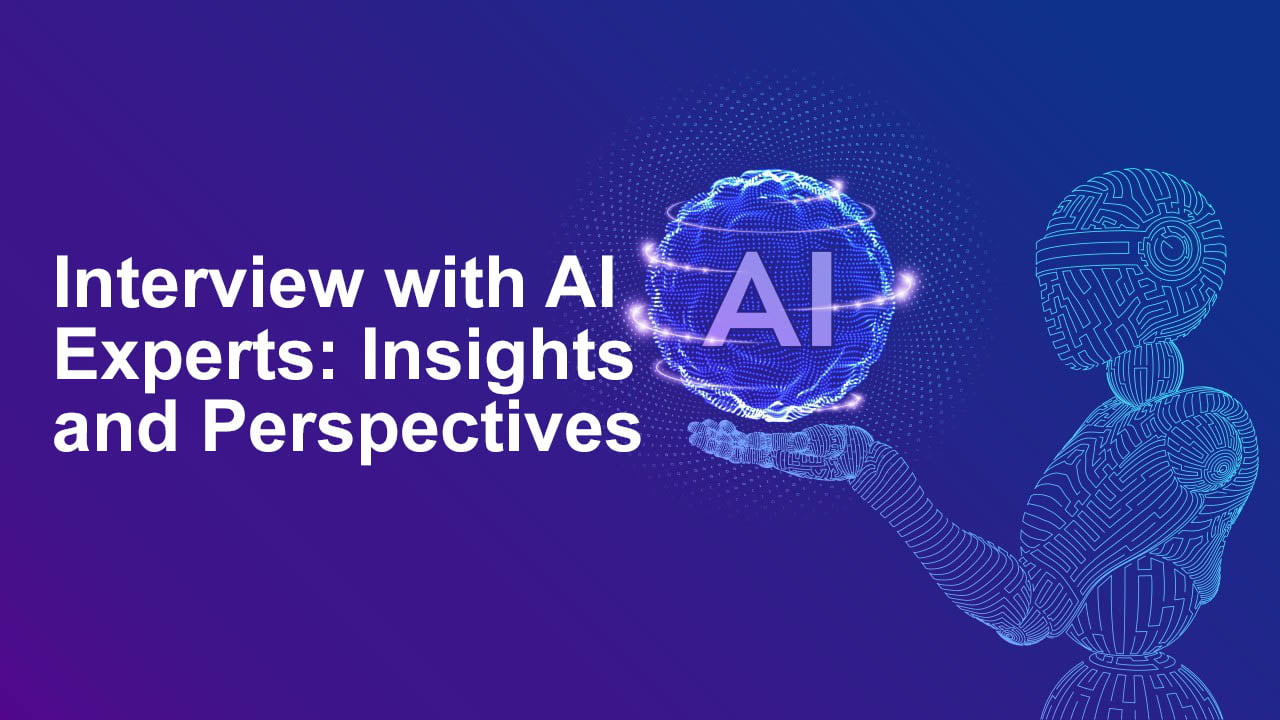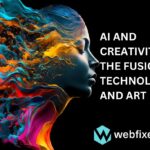The world is undergoing a profound transformation driven by the relentless advancement of artificial intelligence (AI). This revolution is not confined to a single sector but spans across various industries, reshaping the way we live and work. Let’s delve into the intricacies of this AI revolution and explore its far-reaching impacts. AI Revolution Industries.
Introduction
In the early 21st century, the integration of AI into industries marked a pivotal moment in technological history. AI, once a futuristic concept, is now a driving force behind innovation and efficiency. AI Revolution Industries Its applications are diverse, touching every facet of our daily lives.
Historical Perspective
To understand the magnitude of the AI revolution, we must trace its roots. From the theoretical foundations laid by Alan Turing to the development of neural networks, the journey of AI is one of continuous evolution. Milestones such as the creation of IBM’s Deep Blue and the rise of machine learning have paved the way for the AI landscape we witness today. aAI Revolution Industries Change.
Impact on Manufacturing
The manufacturing sector has witnessed a radical transformation through the integration of AI. Automation, driven by intelligent machines, has not only enhanced efficiency but also revolutionized production processes. Smart manufacturing, enabled by AI, allows for predictive maintenance, minimizing downtime, and optimizing resource utilization.
Revolutionizing Healthcare
In healthcare, AI is a game-changer. From diagnostic tools that analyze medical images to treatment plans tailored to individual patients, AI is enhancing the precision and efficacy of medical interventions. The result is improved patient outcomes and a more proactive approach to healthcare. AI Revolution Industries.
Transforming Finance
AI has found a significant foothold in the financial industry. Algorithmic trading algorithms are executing complex transactions in milliseconds, while AI-driven risk management tools are providing unparalleled insights. The finance sector is also experiencing a shift toward personalized financial services, thanks to the analytical power of AI.
Artificial Intelligence (AI) in Education
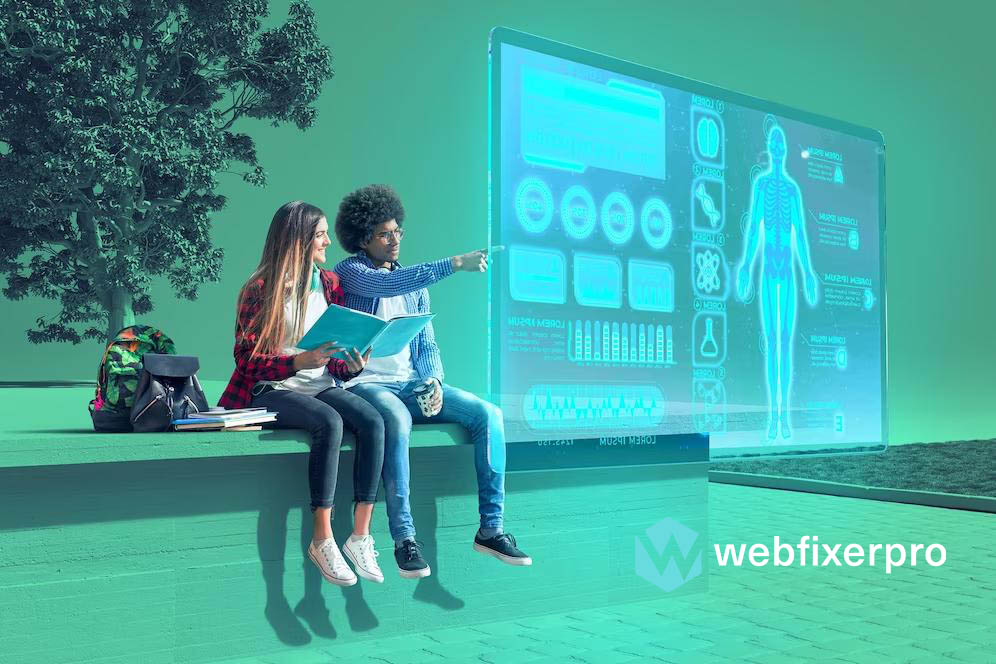
The education sector is not immune to the influence of AI. Adaptive learning systems, powered by AI algorithms, cater to the unique needs of students, fostering a more personalized learning experience. AI is also contributing to the development of interactive educational content, increasing student engagement and comprehension.
The Role of AI in Marketing
In the realm of marketing, AI is a powerful ally. Personalized marketing strategies, driven by data analytics and AI algorithms, are creating targeted and relevant campaigns. Understanding customer behavior through AI analysis is enabling businesses to tailor their approaches for maximum impact.
Artificial Intelligence (AI) and Customer Service
Customer service has undergone a revolution with the advent of AI-powered chatbots and virtual assistants. These intelligent systems provide instant, round-the-clock support, improving customer experience and satisfaction. The seamless integration of AI in customer service is redefining the standards of responsiveness.
Challenges and Ethical Considerations
However, the AI revolution is not without challenges. Bias in AI algorithms poses ethical concerns, as does the issue of privacy and data security. As AI becomes more ingrained in our lives, addressing these challenges becomes paramount to ensuring a responsible and equitable future.
Future Trends in Artificial Intelligence (AI)
Looking ahead, the future of AI promises even more integration into everyday life. Advancements in machine learning, coupled with the Internet of Things (IoT), are creating a landscape where AI becomes an indispensable part of our daily routines. From smart homes to autonomous vehicles, the possibilities are limitless. AI Revolution Industries Change.
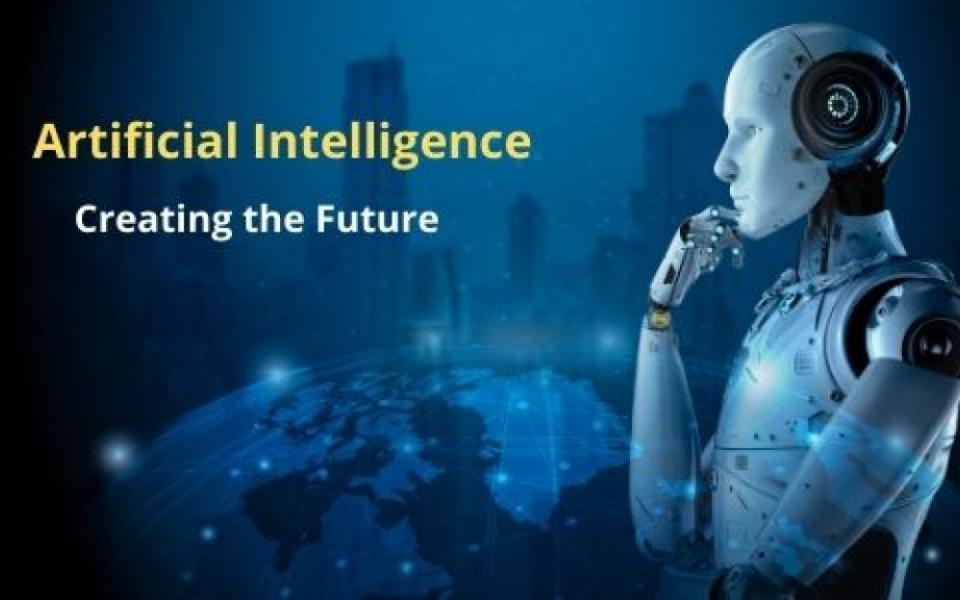
Global Adoption of Artificial Intelligence (AI)
The adoption of AI is not limited to a specific region. Industries worldwide are embracing AI technologies to gain a competitive edge. The global implications are profound, influencing economies and shaping international relations as nations strive to lead in the AI race.
Artificial Intelligence (AI) and the Job Market
While AI brings automation and efficiency, it also raises questions about its impact on employment. Jobs are evolving, and new opportunities in AI-related fields are emerging. The challenge lies in preparing the workforce for this paradigm shift and ensuring a balance between technological progress and job creation.
Government Regulations
Recognizing the transformative power of AI, governments are stepping in to regulate its use. Policies addressing ethical considerations, data privacy, and international collaboration on AI governance are crucial in guiding the responsible development and deployment of AI technologies.
Artificial Intelligence in Research and Development
In the realm of research and development, AI is accelerating scientific discoveries and innovation. From drug discovery to solving complex scientific problems, AI is acting as a catalyst, reducing time and resource requirements for groundbreaking advancements.
Conclusion
In conclusion, the AI revolution is not merely a technological shift but a transformative force reshaping industries across the globe. As we navigate the complexities of this AI-powered future, a balanced approach that addresses challenges while embracing opportunities is essential. The journey has just begun, and the evolution continues.
FAQs
-
Is AI only impacting large industries, or can small businesses benefit too?
- AI has applications across businesses of all sizes. Small businesses can leverage AI for tasks such as customer support, marketing, and data analysis.
-
How can AI contribute to job creation amid automation fears?
- While certain jobs may be automated, the AI industry itself creates new roles, from AI developers to data scientists, fostering job opportunities. AI Revolution Industries Change.
-
What measures are in place to address the ethical concerns related to Artificial Intelligence?
- Governments and organizations are actively working on policies and regulations to ensure the responsible and ethical use of AI.
-
How can individuals prepare for the changing job market influenced by AI?
- Continuous learning and upskilling in areas related to AI and technology are crucial for individuals to stay relevant in the job market.
-
Are there any international collaborations addressing the global impact of Artificial Intelligence (AI)?
- Yes, countries are increasingly collaborating to establish international standards and guidelines for the ethical use of AI technologies.

